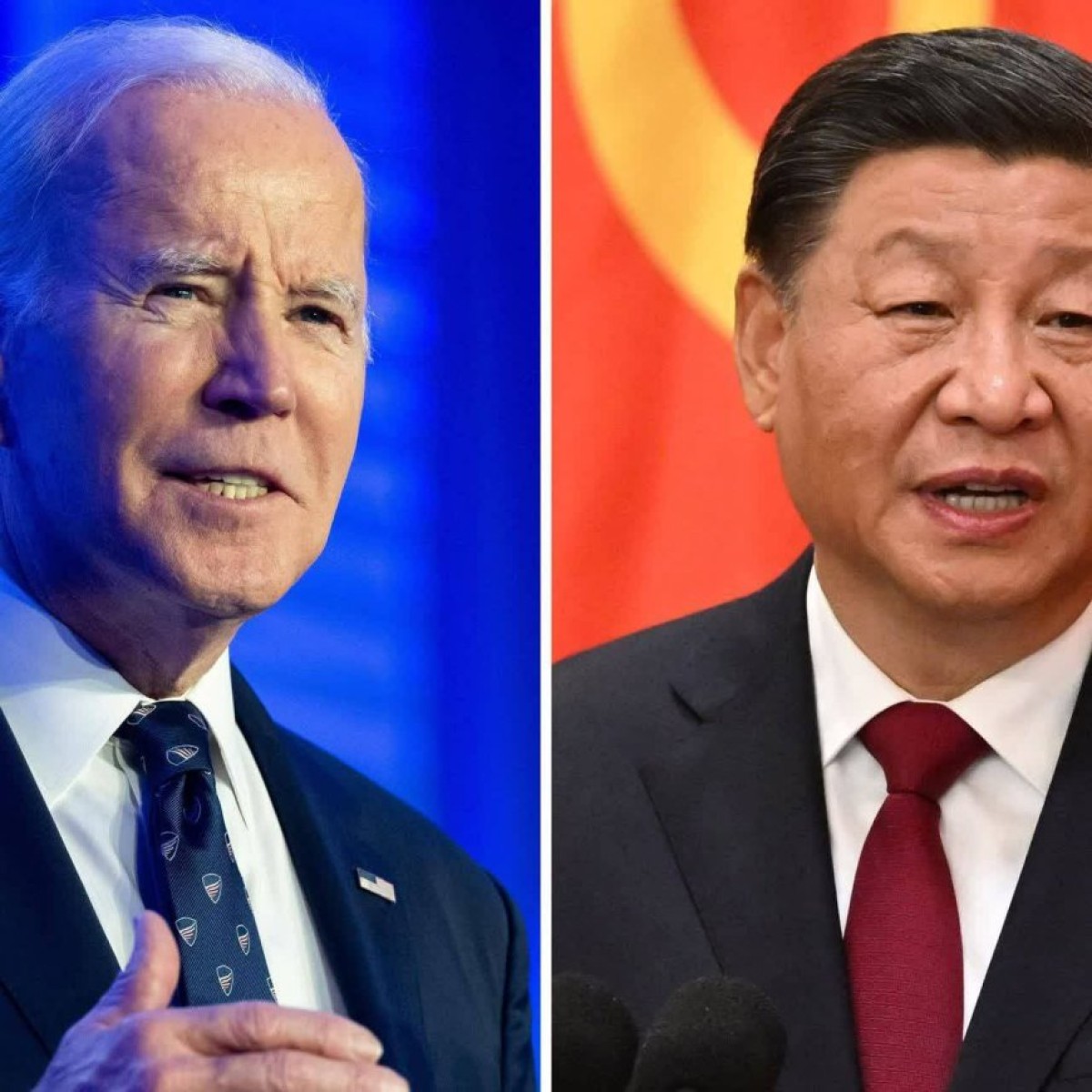 390
390
Diplomatic Dance: Unraveling the Two-Hour Phone Call between Biden and Xi Jinping
Diplomatic Dance: Unraveling the Two-Hour Phone Call between Biden and Xi Jinping
In a recent phone conversation lasting over two hours, the leaders of the United States and China engaged in discussions spanning a myriad of crucial topics. From the sensitive issue of Taiwan to the vast realms of artificial intelligence and the diligent follow-up on agreements made during the San Francisco meeting, no stone was left unturned in this high-stakes dialogue.
By: A. Mahdavi
Both leaders, cognizant of the global implications of conflict and direct confrontation, viewed the dialogue as a positive and constructive step. It underscored their commitment to diplomacy and a shared determination to advance mutual interests through peaceful means. The implications of their discussions extend far beyond bilateral relations, resonating on a global scale.
Chinese President Xi Jinping, for the first time since the Biden administration took office, alluded to the negative trajectory in US-China relations, highlighting the need to address underlying issues causing divergence. Amidst these challenges, both parties expressed a shared desire to shield bilateral relations from the detrimental impact of negative forces.
President Xi delineated three fundamental principles to guide China-US relations moving forward, emphasizing the paramount importance of peace, stability, and credibility. These principles underscore China's call for positive actions from the US while prioritizing overarching stability in the relationship. The notion of "overall stability" introduced by China signals a pragmatic approach, steering clear of confrontational dynamics in favor of harmonious coexistence.
China's strategic understanding of its relations with the US, as articulated by President Xi, transcends mere transactional disputes to embrace a holistic perspective. This strategic clarity underscores the foundational importance of mutual understanding in nurturing bilateral ties and setting the stage for enhanced cooperation and dialogue.
President Biden's commitment to bolster dialogue and communication by involving key officials like Treasury Secretary Janet Yellen and Secretary of State Anthony Blinken reflects a proactive stance towards fostering cooperation and averting missteps. These forthcoming high-level engagements mark a significant step towards fostering a deeper understanding between the two nations, potentially paving the way for improved relations.
The announcement of upcoming official visits following the Xi-Biden conversation signifies a new chapter in China-US relations, characterized by maturity and stability. Observers anticipate that these visits will further solidify the foundation for continued cooperation, signaling a commitment to navigating challenges with pragmatism and mutual respect.
While the US government's official stance underscores a firm approach towards China, emphasizing competition and strategic positioning, the concurrent efforts to engage in joint exercises and high-level meetings in the Indo-Pacific region suggest a multifaceted strategy aimed at balancing cooperation with strategic interests.
The announcement of upcoming official visits following the Xi-Biden conversation heralds a new chapter in China-US relations, marked by maturity and stability. These visits are poised to solidify the foundation for continued cooperation, underscoring a mutual dedication to navigating challenges with pragmatism and respect.
Amidst the backdrop of the US government's firm stance on competition and strategic positioning vis-à-vis China, the concurrent efforts to engage in joint exercises and high-level meetings in the Indo-Pacific region reveal a multifaceted strategy aimed at balancing cooperation with strategic interests. This duality encapsulates the complex interplay of cooperation and competition that characterizes contemporary geopolitics, underscoring the need for nuanced and strategic approaches to navigating international relations.
 390
390
Comment
Post a comment for this article